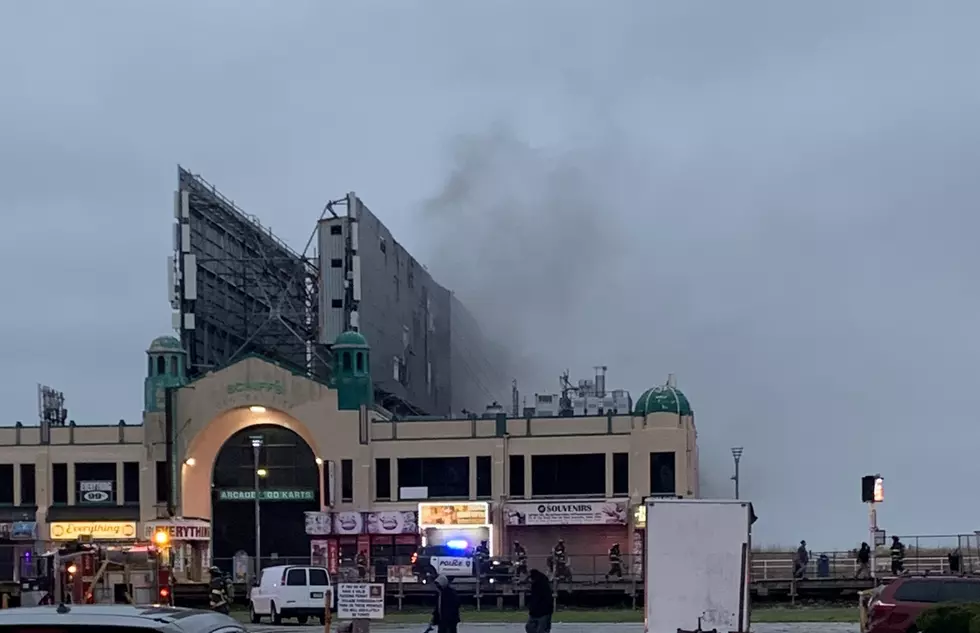
Owning ‘Historic’ Home in NJ Could Mean a Red-Tape Nightmare
New Jersey residents who live in an older home, or are thinking about buying a historic property, face a variety of restrictions on what they can or cannot do to the structure and its surrounding grounds.
About 150 Garden State municipalities have historic preservation commissions that issue their own rules and regulations for historic properties.
Some of these commissions are stricter than others.
According to Richard Lawson, the president of the Society for Historic American Homes, depending on the rules of your local commission, you may not be allowed to make repairs or changes, even if they are for safety reasons.
“It varies extremely widely. It’s at the local jurisdiction level. There’s a lot of inconsistency and a lot of confusion,” he said. “Transparency and clarity about what can and cannot be done to a house based on the local zoning is a huge issue.”
He said in most cases, when someone is considering buying a historic house, it’s a bit of a gamble.
“Getting access to the information on what is and is not allowed to be done to the house, in my experience, there’s almost none of that information provided,” he said. “It’s only after you begin to get into something that you realize how restricted of flexible they’re going to be with the zoning.”
So what exactly is a historic home?
“There are a couple of different definitions,” he said. “Some people define a historic home as one that has cultural significance to the country, but we define historic homes as being built before 1945.”
Lawson said at his own historic home, which is in Maryland, the local historic commission would not allow a standard aluminum fence to be put up around the swimming pool to bring it up to a required safety standard, because it didn’t fit in with the style of the house.
“Another example is the brick walkways we have around the house, they’re unstable and dangerous for my elderly father to walk on,” he said. “We wanted to put in a concrete walkway for safety but they said no.”
Another problem, he pointed out, is “your real estate agent may not share with you, or they may not know that the house is in a historic district and that there are going to be restrictions on it."
Lawson believes a uniform, statewide set of rules would provide some much needed consistency.
“Hopefully, the state actually might be able to provide a bit more communication and outreach on it than happens on the local level,” he said
Many times, according to Lawson, local commissions are only marginally paid or completely volunteer, and those who serve may not have the time or resources to communicate with everybody. In some instances those serving on the commission just don’t know a lot about what they’re dealing with.
When a commission is unreasonable, “it’s difficult for homeowners to maintain their homes, it’s difficult for homeowners to do safe things with their homes and bring a bit of personal identity to the home, and that’s not good.”
More From WPG Talk Radio 95.5 FM










